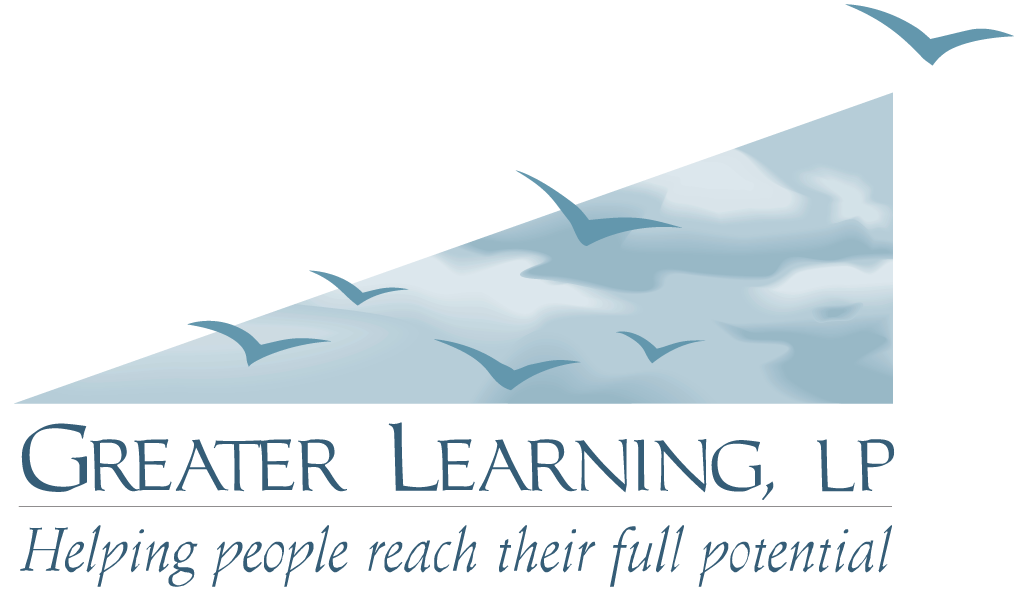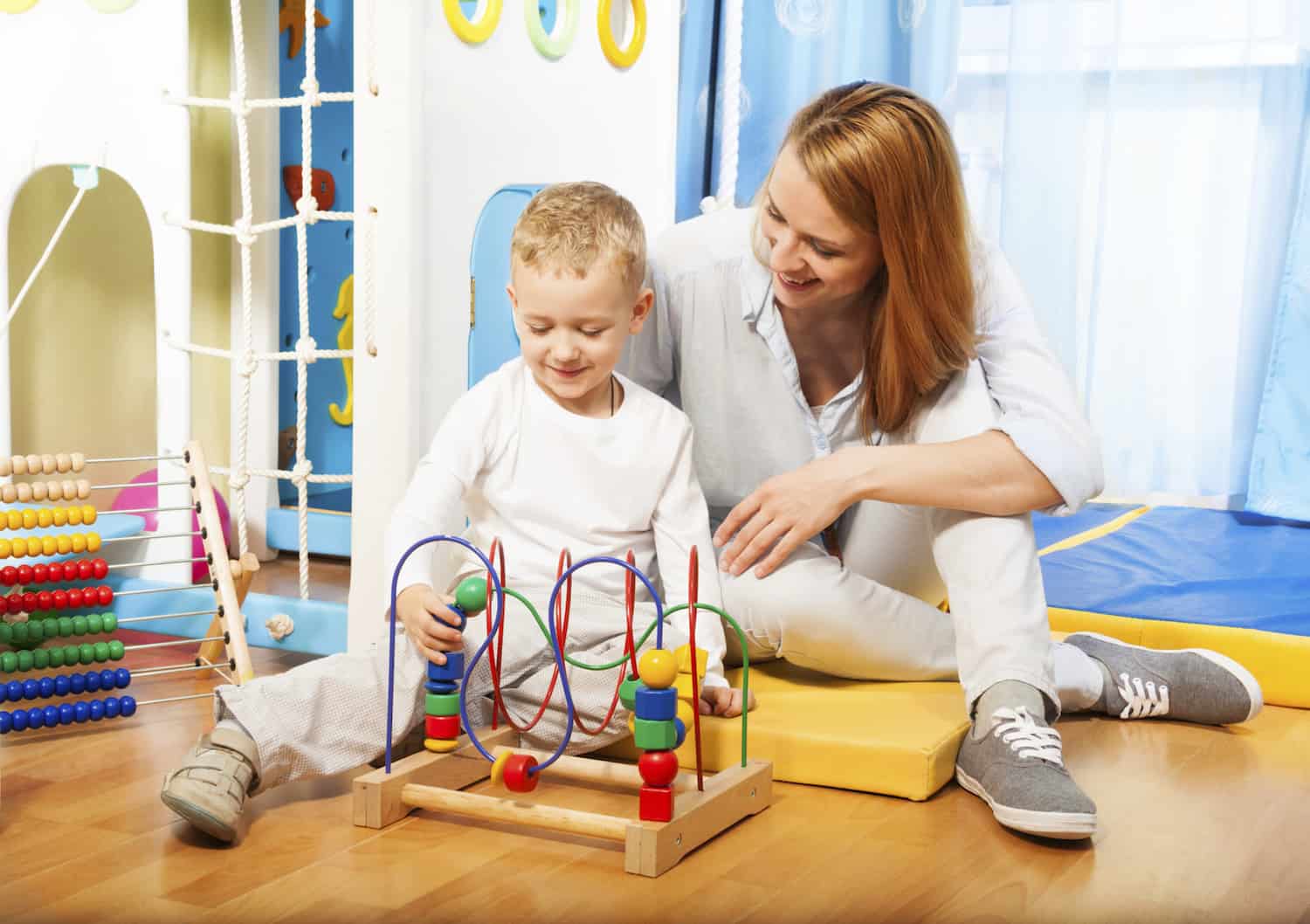What’s the role of occupational therapists and how long do they provide services?
If you didn’t know, occupational therapists are actually trained to provide services across an individual’s entire lifespan. The field of occupational therapy is meant to support patients’ ability to access all areas of self-help skills. From toileting and buttoning clothes to feeding yourself or handwriting, the help occupational therapists provide is as diverse as the practitioners.
When an occupational therapist works with the pediatric population, therapies are generally provided to support sensory integration and self-help skills, but they also identify and address deficits in sensory integration and self-regulation. But what does that really mean?
Sensory integration and self-regulation deal with a person’s ability to maintain a seated position during structured activities. Another way to understand this is the body’s ability to stabilize itself. Sensory integration deals with issues of body awareness, body in space and motor planning.
Often, children are labeled as having Attention Deficit Disorder, or ADHD, but they may just have difficulties with self-regulation, motor planning to do seated work, like in a classroom setting, or poor visual motor skills that disallow them to maintain visual attention on an object or visually track an object. This skill is critical for children as it will undoubtedly aid their success in schooling and life. Indeed, reading is dependent on visual tracking, which is a visual motor skill.
Children with sensory integration and self-regulation difficulties may be overly sensitive to textures, both on their body and when eating food, as well as loud noises. These kids are generally fearful or anxious of fireworks or loud toilets in public restrooms. Unfortunately, children with difficulties in self-regulation are more likely to have poor organized behavior. That’s not to say they’ll be disorganized in life, but they’ll likely have difficulties sitting still in group settings, they may bump into other children in line or play more than would be expected in certain situations. Likewise children with poor sensory integration may have delays in developing motor skills like potty training, self-feeding–using utensils to eat–or learning to ride a bike at age appropriate times. These sensory issues can also lead to avoidance of touch and may be interpreted as awkwardness when hugging.
Children with sensory integration and processing deficits may exhibit symptoms that include:
• Difficulty engaging in age appropriate sports or play
• Inability to utilize scissors successfully
• Strong desire to have tags removed from clothing
• Difficulty with seasonal clothing changes, like refusing to wear pants even when cold
• Avoiding brushing their teeth or shampooing their hair
• Inability or difficulty with self-dressing
• Speaks in a louder than usual volume
• General clumsiness and bumping into things frequently
In addition to sensory processing and fine motor skills deficits, occupational therapists help individuals with visual perceptual and visual motor deficits. As noted, children with visual motor deficits may have trouble sustaining visual contact with people or objects, or difficulty with visual tracking for reading. It should come as no surprise that visual perceptual skills are an integral part to developing academic skills and subsequent academic success.
Visual perception involves how you see something, such as being able to see the difference in a diagonal and horizontal line. Deficits in visual perceptual skills lead to poor development of reading skills as children may not recognize the difference between a “p” and a “q,” the difference between an “m” and a “w,” the difference between the word “sad” and “sand,” or the difference between “spilt” and “split.”
Naturally, as parents we all worry when we start noticing these small things, but you shouldn’t have to! Just because a child has slight deficits doesn’t mean those things can’t be corrected. Occupational therapists are solely dedicated to your children’s success in schooling and life at large. When you and your children partner with an occupational therapist, you’re making a lifelong investment in their happiness and overall success with a genuinely caring individual whose sole passion is helping people realize their full potential.
Visit www.greaterlearninglp.com or call 210.349.1415 to meet with an occupational therapist and start investing in the future today.


0 Comments